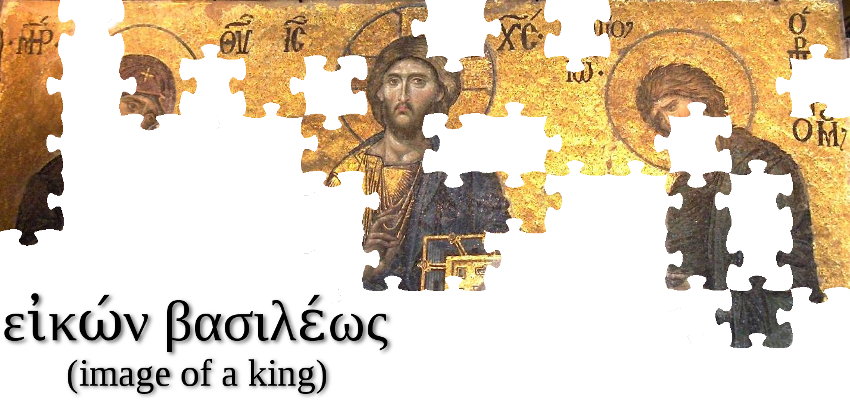The Christian way of life does not take away our loneliness; it protects and cherishes it as a precious gift. Sometimes it seems as if we do everything possible to avoid the painful confrontation with our basic human loneliness, and allow ourselves to be trapped by false gods promising immediate satisfaction and quick relief. But perhaps the painful awareness of loneliness is an invitation to transcend our limitations and look beyond the boundaries of our existence. The awareness of loneliness might be a gift we must protect and guard, because our loneliness reveals to us an inner emptiness that can be destructive when misunderstood, but filled with promise for him who can tolerate its sweet pain. When we are impatient, when we want to give up our loneliness and try to overcome the separation and incompleteness we feel, too soon, we easily relate to our human world with devastating expectations. We ignore what we already know with a deep-seated, intuitive knowledge—that no love or friendship, no intimate embrace or tender kiss, no community, commune or collective, no man or woman, will ever be able to satisfy our desire to be released from our lonely condition. This truth is so disconcerting and painful that we are more prone to play games with our fantasies than to face the truth of our existence. Thus we keep hoping that one day we will find the man who really understands our experiences, the woman who will bring peace to our restless life, the job where we can fulfill our potentials, the book which will explain everything, and the place where we can feel at home. Such false hope leads us to make exhausting demands and prepares us for bitterness and dangerous hostility when we start discovering that nobody, and nothing, can live up to our absolutistic expectations.I recently came to the realization that, as enjoyable as my relationship with my girlfriend is (so, did I mention I'm seeing someone?), and as thankful for it as I am, it can't completely satisfy me, make me fully completely loved, accepted and valued, end the deep-seated feeling of loneliness, and all that fun stuff Nouwen describes. I "saw the bottom" of what it could provide. And the amazing part of my Christian learning in life is that not only was I not surprised by this realization, I was expecting it. As Nouwen says, this realization comes after marriage or years of cohabitation for some and ruins the relationship because both people were hoping that the other would, essentially, be God to them, which is too great a burden for anyone to bear. My pastor Steve often says that his wife Carol is "a great wife, but a terrible god".
Many marriages are ruined because neither partner was able to fulfill the often hidden hope that the other would take his or her loneliness away. And many celibates live with the naive dream that in the intimacy of marriage their loneliness will be taken away.
When the minister lives with these false expectations and illusions he prevents himself from claiming his own loneliness as a source of human understanding, and is unable to offer any real service to the many who do not understand their own suffering.
But Nouwen paints a more nuanced picture than simply saying that God can cure the loneliness that no one else can. God doesn't just take our loneliness away; He turns it into a blessing and a gift for ministering to others. By understanding our own inner loneliness we can begin to understand the loneliness of others and love them through it. That is, largely, the theme of Nouwen's book.

